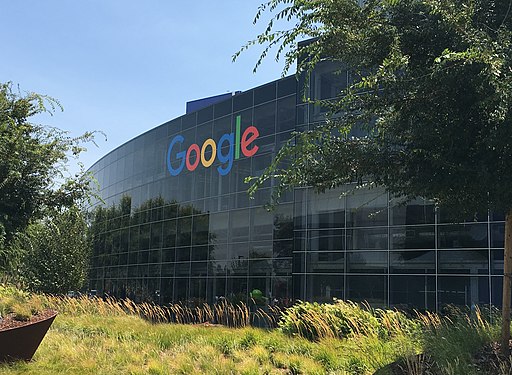
China-Backed TikTok Destroys DOJ Narrative by Emerging as Strong Competitor to Google
In an forthcoming antitrust suit against Google, the Department of Justice (DOJ) is attempting to depict the company as having such an overbearing market share in the search engine industry that they are preventing competitors from entering the market. As both parties are accumulating evidence, the evolving rise of China-backed TikTok as a competitive threat to Google jeopardizes the foundation of the DOJ’s case.
The DOJ amended complaint accuses Google of having “foreclosed competition for internet search.” It proceeds to contend that “general search engine competitors…have no real chance to challenge Google.” These claims suggest that no search engine has any possibility of competing with Google. In the complaint, the DOJ notes mobile devices as a particular platform of concern for this industry. They argue (emphasis added) that “Google can deliver enormous audiences, especially in mobile, which its competitors cannot.” Thus, any emergence of a search engine that consumers rely on, beyond Google, would seriously undermine the DOJ’s case.
When the courts analyze whether Google’s conduct was anticompetitive, they need to look at a multitude of factors. One particularly important factor that courts look at includes “the competitive position of the…relevant business, its position before and after the restraint was imposed, and the restraint’s history nature and effect.” Looking at these factors ensures that antitrust law does not infringe on actions done by businesses to compete that operates to the benefit of consumers.
TikTok’s emergence as a player in the search engine market threatens the strength of the DOJ’s assertions. Recent data shows that as many as 40% of young people use TikTok or Instagram over Google “when searching for lunch recommendations.” These results demonstrate that younger audiences do not feel bound by Google’s default setting as the primary search engine on Safari. Rather, they are finding alternative means of searching for information. Both TikTok and Instagram are easily accessible to any smartphone user. There is no cost and negligible effort required for people to switch from searching for lunch options on Google to these other apps.
The rise of TikTok’s market power in this industry also occurred after Google had already committed the conduct that is the basis for this anticompetitive claim. Therefore, none of Google’s actions placed them at such a dominant competitive position that they forced the exclusion of other players from the market. Per court precedent, these new facts ought to make the courts question the validity of the DOJ’s allegations.
The rise of TikTok as a search engine competitor demonstrates the unpredictable consequences of competition within the free market. A company with a dominant market share today could be nonexistent tomorrow. Kodak, MySpace and Blockbuster could all attest to the consequences of this unpredictability. Government solves nothing by choosing the winners and losers. Rather, they only cripple the innovation inherent in a vibrant, ever-evolving free market. The government ought to respond to the facts and end their capricious litigation against Google. Additionally, they need to prioritize cases not based on corporate size but based on the harm of a business to consumer welfare. That way, the markets can continue innovating in free-flowing ways, but not change or innovate in ways in which the public become victimized.
Photo Credit: The Pancake of Heaven!, CC BY-SA 4.0 https://creativecommons.org/licenses/by-sa/4.0, via Wikimedia Commons
